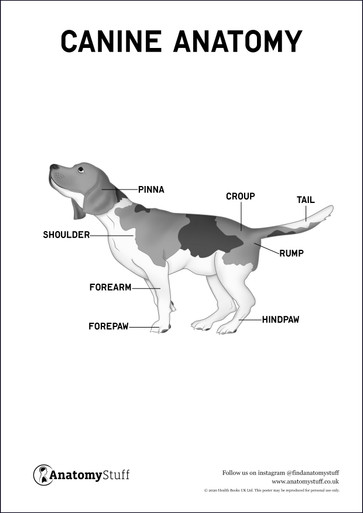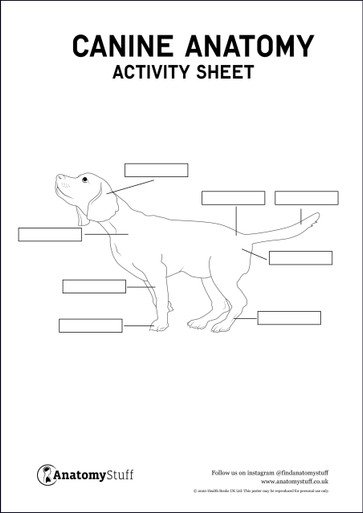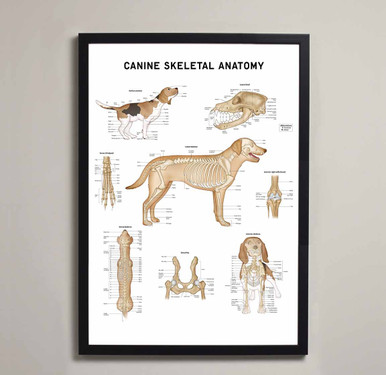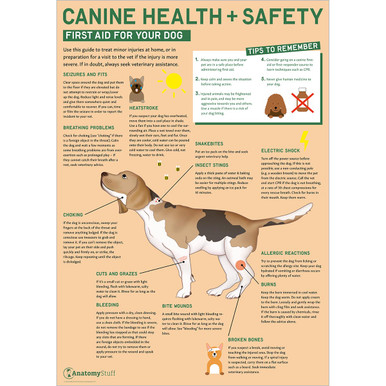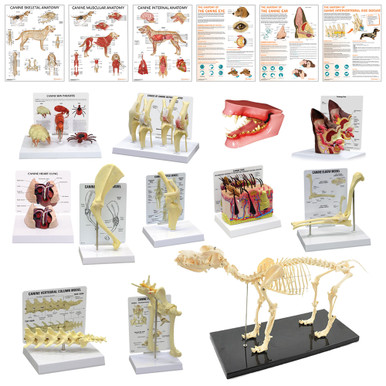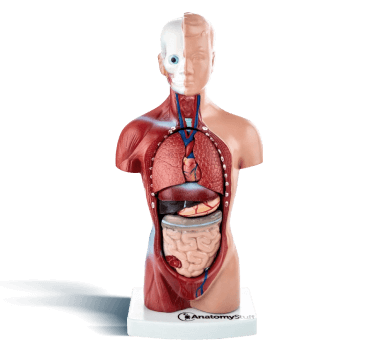Addressing Anxiety in Pets – Steps for Dog Owners
Anxiety may affect all dog breeds, although each dog may experience it differently. It is common for dogs to feel worried from time to time; however, your pet might develop an anxiety disorder if excessive amounts of anxiety go untreated. Anxiety in dogs might lead to behavioural and other problems if left addressed.
Anxiety may appear in various ways, including whining, barking, trembling, and crying. When stressed, your dog may also exhibit destructive or confrontational behaviour. If the anxiety is not handled, they may lose their appetite and become fully reclusive over time. Abandonment, dread of being home alone, loud sounds, travel, and being around unusual people, children, or other pets are the most prevalent causes of anxiety in dogs. We have also seen anxiety in mistreated or neglected canines.
What are the signs of anxiety in dogs?
There are many crucial signs to watch for:
• Aggression
• Urinating or defecating in the home when it is prohibited
• Drooling
• Panting
• Destructive conduct
• Depression
• Too much barking
• Pacing
• Restlessness
• Repetitive or obsessive actions
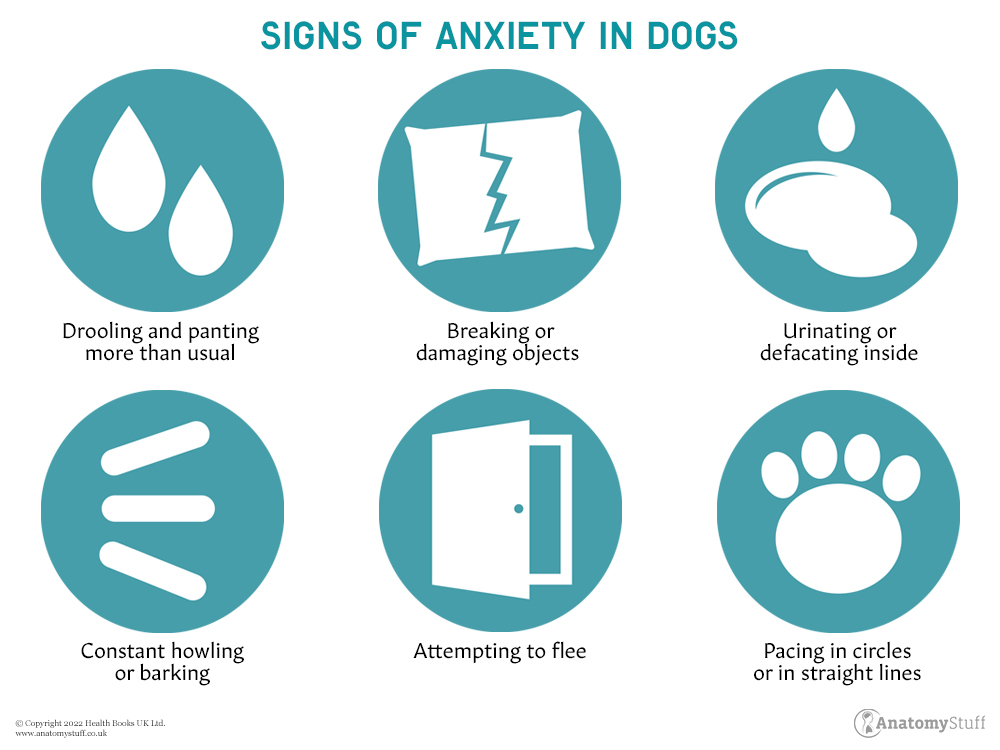
Consultation with a veterinarian is the greatest treatment for anxiety. Your veterinarian will be able to assist you in assessing whether your dog’s anxiety is situational or if it is becoming an overpowering problem. In addition, vets can rule out the possibility that any other medical disorders cause your dog’s symptoms. Your veterinarian will assist you in developing a treatment strategy. Since excessive anxiety is often caused by a multitude of circumstances, the most effective method of treatment is typically a mix of training, preventative measures, and, in some instances, medication.
Free PDF Downloads
View AllDeconditioning
There are several training techniques that may be used to address dog anxiety. The use of counterconditioning is one method. The goal of counterconditioning is to modify your dog’s reaction to the anxiety-inducing stimuli, often by substituting desirable behaviours, such as sitting or concentrating on the owner, with anxious or aggressive ones.
Desensitisation is another kind of training. The owner gradually exposes the dog to the anxiety-inducing stimulus, ideally in tiny doses and with diminished intensity. Repetition of exposure and the reinforcement of good behaviour may go a long way in reducing anxiety. As training an anxious dog is not always simple, you may choose to consult a professional dog trainer for assistance in selecting the most effective method for your pet.
Medication
Another possible route you can take is through medications to address anxiety. Anxious dogs are sometimes administered SSRIs and antidepressants, including fluoxetine and clomipramine. For known anxiety-inducing situations like thunderstorms, fireworks, or vehicle journeys, your veterinarian may prescribe benzodiazepines and antidepressants to assist your dog in managing the stress.
Exercise
If your dog suffers from separation anxiety, the most apparent solution is never to leave them alone. This is not the case for most pet owners; therefore, utilising exercise as a bonding opportunity and wearing out your pet is frequently a simple solution!
Because anxiousness may generate an excess of energy, it might be beneficial to take your dog for a long walk or a game of fetch before you leave. Providing enough physical touch and talking to them is also useful at this time. And much like it does for humans, exercise helps alleviate stress by releasing helpful endorphins.
Music Treatment
It has been shown that music therapy is good for both humans and our canine and feline companions. While at home, in the vehicle, or away from your pet, the power of music may be soothing and relaxing. Additionally, music helps ease noise sensitivity by obstructing traffic or frightening sounds that cause anxiety in certain dogs.
Takeaways
Dogs are recognised for being affectionate and gregarious companions. Dogs are often friendly, devoted, and lively but may also experience fear, anxiety, and tension. Access your dog’s medications and treatments for a happy and healthy life. These tips above are just some ways to address anxiety in your pets to help them with their mental health.
Related products
View All






